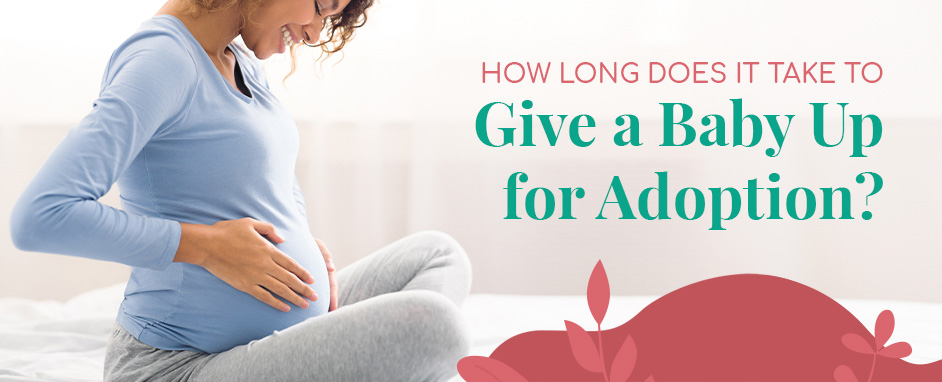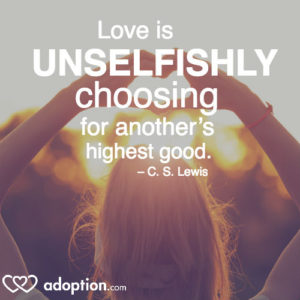February 06, 2014
A Message About Bullying
The other day we came across an article on Portrait of an Adoption that absolutely broke our hearts. It was about an 11 year-old boy who attempted suicide because he was bullied at school after identifying himself as a “Brony” — a boy who likes My Little Ponies. His interests were well known among his classmates, who started bullying him and calling him gay. Although his parents had many open discussions with him during which they supported his interests and any sexuality he happened to be (although not under the assumption that an interest in My Little Ponies had any correlation to his sexual identity), as a result of the bullying, he still came home one day from school and tried to hang himself when no one else was home. He is now in a coma, with hopes that he will somehow be revived, but with no indication as to when that might happen.
Unfortunately, Michael’s situation — while shocking — is becoming more and more common. With the rise in technology giving so many children access to one another away from the eyes of adults, there are now more opportunities than ever for children to be subjected to bullying by their peers. As much as we do not want our children to be bullied, we also don’t want them to ever be in a position where they feel compelled — via peer pressure or otherwise — to bully other children. So we need to raise our children to care about others, to be advocates for kindness, and to truly understand the depths to which bullying can ruin a life and even lead a peer to death.
The best way to do that is to make it an active conversation in the household. Here are some resources to help start that discussion.
This awesome article talks about how to discipline your children in a way that teaches them how to care for others.
This book, by Portrait of an Adoption blogger Carrie Goldman, is geared towards teachers, parents and children, and aims to tell us all everything we need to know about “ending the cycle of fear.”
Another book takes it a step farther, providing an action plan for teachers and parents about how to end bullying. Wouldn’t it be great to be a part of activating such a plan in your child’s school?
This page on stopbullying.gov has a great list of questions to ask your children about their school and after-school culture. They’ll hope you hone in on any instances of bullying and allow you to start a conversation with your child.
And once again, the Huffington Post knocks it out of the park when it comes to parenting reporting, with another article about how to talk to your children about bullying.
Have you talked to your children about bullying? How did it go, and what did you say?


